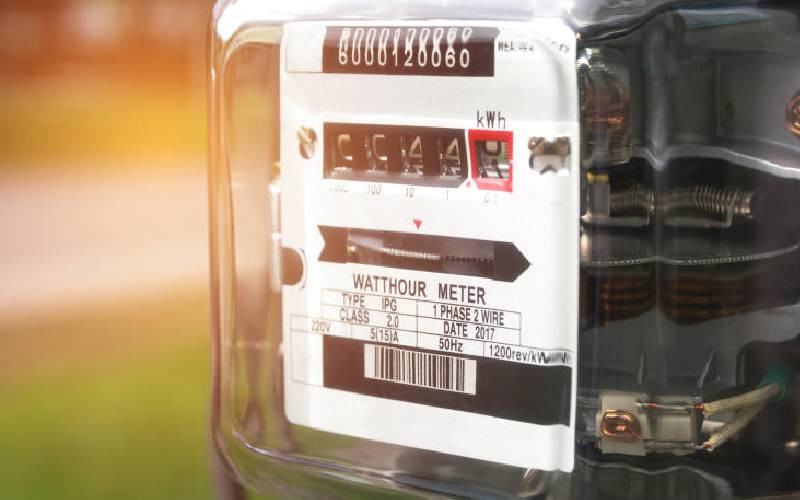×
The Standard e-Paper
Stay Informed, Even Offline

Energy is essential to human life and a propeller of economic growth and social prosperity. It is also an increasingly emotive subject as seen in the wave of protests globally over rising energy prices.
In fact, energy is now considered a basic right the violation of which can send people to the streets sparking social and political unrest. It has happened in countries like Kazakhstan, Italy, France, Sri Lanka, Lebanon, Venezuela and Spain.